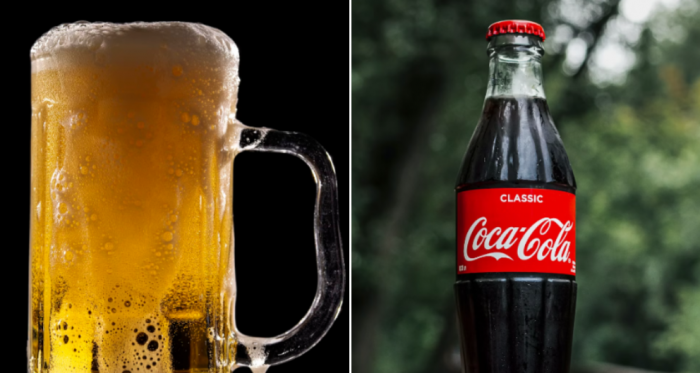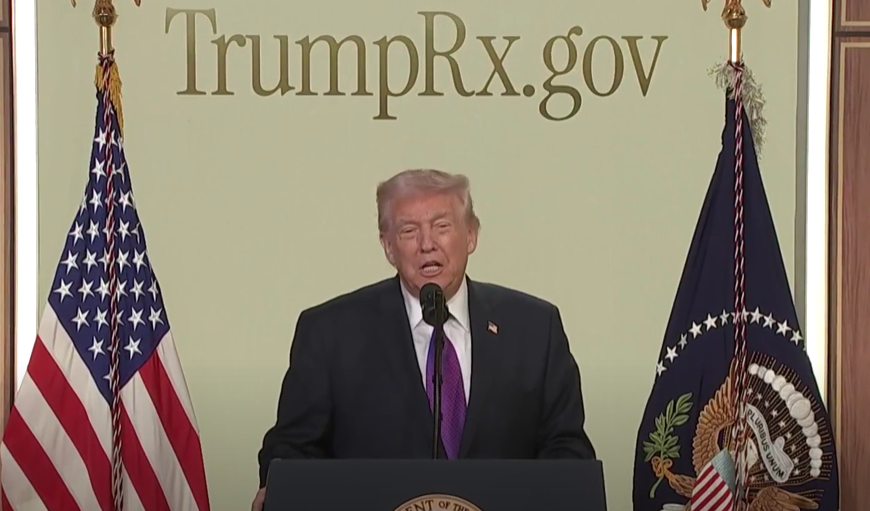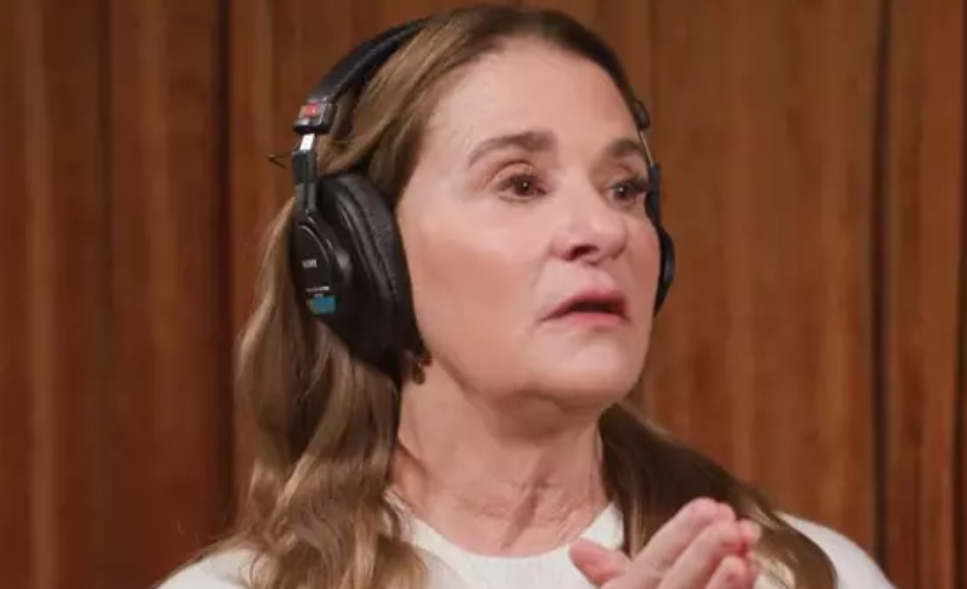Why You Should Stop Mixing Alcohol With Cola?

© engin akyurt & Artem Beliaikin / Unsplash
For many people, a night out often includes indulging in alcoholic beverages. However, what they may not realize is that mixing alcohol with other beverages creates a dangerous combination. Are you someone who enjoys mixing alcohol with cola? While it may be a popular choice, you might want to reconsider your drink choice. Mixing alcohol with cola has its risks. It can have negative effects on your health and overall well-being. But, what are some of the risks you need to be aware of?
Mixing Alcohol With Cola Risks
Mixing alcohol with caffeinated drinks, particularly cola can pose health risks. A standard 330ml can of full-fat cola contains about 34 milligrams of caffeine (diet cola has around 46mg). However, these levels are generally considered safe on their own. However, when combined with alcohol, the health risks escalate. The caffeine-alcohol combination can amplify the negative effects, emphasizing the need for caution in such mixtures.

Why Does Mixing These Cause Health Risks?
Consuming a significant amount of caffeine on a night out, especially when mixed with alcohol, poses concerns. The caffeine content in multiple drinks is noteworthy. However, the more critical issue is the contrasting effects of alcohol as a depressant and caffeine as a stimulant. This combination can obscure the true level of intoxication, leading individuals to underestimate their impairment and potentially consume more alcohol than intended. The Centers for Disease Control and Prevention in the US emphasizes that caffeine can mask the depressant effects of alcohol, making individuals feel more alert and increasing the risk of alcohol-related harm.
What Research Has to Say About It
In a 2007 study conducted by the University of Manchester, researchers from the Department of Postgraduate Medicine and Dentistry delved into the influence of carbonation on alcohol absorption. The study focused on comparing the absorption rates of alcohol in three scenarios: neat vodka, vodka mixed with water, and vodka mixed with sparkling water.

The findings unveiled that the presence of bubbles, as in the carbonated mixer, led to a faster absorption of alcohol for nearly all participants. Remarkably, two-thirds of the participants demonstrated a quicker absorption rate when the alcoholic beverage was mixed with the carbonated mixer compared to the still water. This discovery highlights the potential impact of carbonation on the body’s absorption of alcohol, suggesting that fizzy mixers might intensify the rate at which alcohol is assimilated.
Others Agree
Princeton University has highlighted an intriguing aspect related to fizzy drinks and alcohol absorption. According to their findings, the carbon dioxide found in carbonated beverages can elevate stomach pressure in certain individuals. This heightened pressure, as explained by the university, may result in the expulsion of alcohol through the stomach lining, facilitating its entry into the bloodstream. This suggests that the carbonation in fizzy drinks could play a role in influencing the dynamics of alcohol absorption within the body, presenting an additional factor to consider when exploring the effects of mixed beverages.
After reading more about it, will you still be mixing alcohol with cola?
You might also want to read: Alcohol Addiction in Men Can Affect the Unborn Baby


